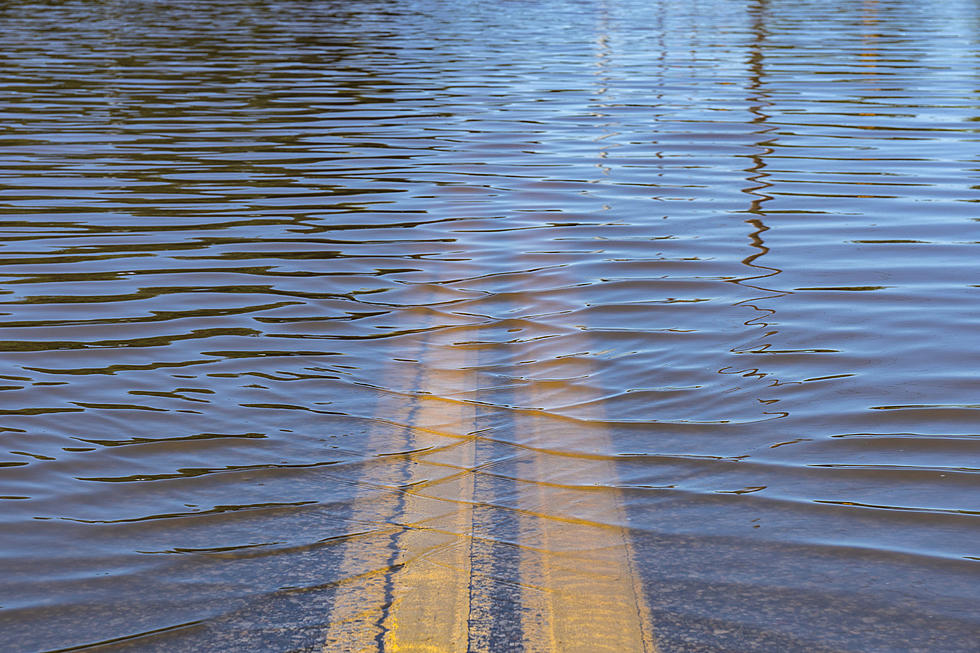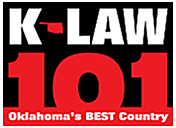
Tips to Reduce Risk of Mold in Flooded Areas
Due to the recent heavy rains, lets cover what the Red Cross and OSU Extension Office issued last year when we faced this same adversity.
In response to the widespread flooding that occurred in Oklahoma last year, the American Red Cross is offering mold prevention tips from the Oklahoma State University Extension Office.
Even if you don’t see it, mold may still be growing. Mold can grow on anything, as long as there is a little bit of water for a couple of days. Not all mold is the same – it may be different in color, shape, size and texture. The easiest way to determine if you have mold is the smell.
Residents who experienced flooding should remove anything that may have gotten wet and cannot be cleaned easily such as furniture, carpet, clothing, blankets and any food items. Even after those items are removed, if there is drywall or paneling in your basement, mold may be growing in the walls and it is recommended that you remove any sections of the walls that got wet and replace them.
Learn the proper way to clean mold. Follow the directions below to ensure proper cleaning:
- Keep the room ventilated, if possible.
- Always wear a mask, goggles and gloves.
- To create a cleaning solution, mix one cup of bleach with one gallon of water.
- Wipe down all items that can be cleaned with your bleach solution, and then rinse with plain water. Clean everything, including floors, walls, appliances, doors and any items with hard surfaces.
- Dry anything that is wiped down with clean towels after it has been disinfected.
- If the mold does not disappear right away, repeat the cleaning process 2-5 times. Bleach should not be used on metal items – use warm water and dish soap, if necessary.
Do not wait to clean mold! Mold can make you sick. Symptoms caused by mold are similar to those you experience when you have allergies. Residents who have asthma or other conditions should take further precautions when working around mold.
For more tips from the OSU Extension, please visit dasnr.okstate.edu.
The Centers for Disease Control and Prevention also has some tips: cdc.gov/mold/
The American Red Cross remains on the ground in Oklahoma offering disaster related emergency assistance to those affected by weather disasters. Those needing Red Cross assistance should call 202-719-7818.
More From KLAW-FM







![The Dog Days of Summer Are Here [VIDEO]](http://townsquare.media/site/115/files/2020/07/Capture.jpg?w=980&q=75)
![Fireworks 101: Never Light an Artillery Shell Indoors! [VIDEO]](http://townsquare.media/site/115/files/2020/06/Fireworks.jpg?w=980&q=75)

